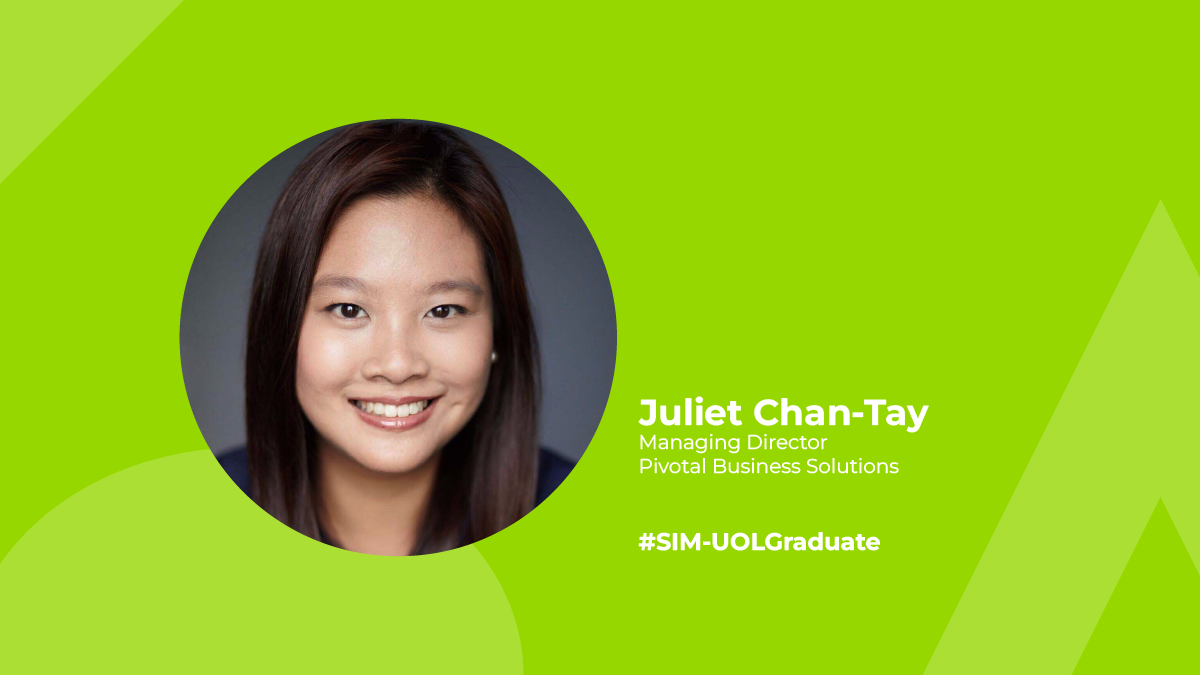Course Fees: S$850.20 (Local) / S$1,035.50 (International) per module, inclusive of 9% GST, payable at the start of each intake
Course Dates:
- Economics and Mathematics: Jun – Jul 2026 (FT / PT)
- Mathematics and Accounting: Jul – Aug 2026 (FT only)
Class Duration: 3 hours per lesson for a minimum of 10 sessions
Attendance requirement:
- Local: 75%
- International (inclusive of Student Pass/Long-term Visit Pass holders): 90%
Applications open for EMA Bridging now till 2 Apr 2026 (Local and International applicants)
The two-month intensive bridging EMA course via either face-to-face or blended learning is targeted at business-related diploma holders intending to study for a UOL degree in an accelerated mode.
Depending on the applicant’s prior academic background and the University of London academic credit exemption system, they are allowed to study up to two modules. It will either be a combination of Mathematics with Economics or Mathematics with Accounting.
Bridging module(s) will be offered based on the degree applied.
The average teacher-student ratio is 1:55 for full-time Bridging EMA, and 1:47 for part-time Bridging EMA.
View more course details
View a list of lecturers
Download a sample timetable:
June Bridging (Full-time) | June Bridging (Part-time) | July Bridging (Full-time)
Bridging courses and their corresponding RPL:
|
Bridging modules
|
RPL from UOL modules in
|
|
Economics
|
EC1002 Introduction to economics (full module)
|
|
Mathematics
|
MT105A Mathematics 1 (half module)
|
|
Accounting
|
AC1025 Principles of accounting (full module)
|
Students need a minimum of three years to complete the programme. The only way to accelerate the completion of the BSc Accounting and Finance programme in TWO years is to have a relevant diploma and complete a bridging course in selected modules:
Mathematics and Economics
Diploma graduates who have exemption for AC1025 Principles of Accounting can complete the programme in two years by completing bridging modules to gain additional RPL for MT105A and EC1002.
Mathematics and Accounting
A combination of Mathematics and Accounting enables other diploma graduates to complete the BSc Accounting and Finance programme in two years. It is important to be awarded RPL for AC1025 as this is the pre-requisite for Level 200 modules which form the pre-requisites for AC3193.
View eligibility criteria (JPG 75 KB)
Certification
A digital transcript via OpenCert will be awarded upon successful passing of the Bridging (EMA) programme. There will not be any refund or recourse should students fail to complete the course within the specified duration.
Notes:
- Min 25pax to start the course. The student shall be informed within one month before programme commencement.
- All bridging courses are 100% written exams that are set and marked by SIM lecturers.
- Students must pass with at least a C grade (40%) in all bridging examinations to qualify for RPL.
- Fees do not include textbooks.








